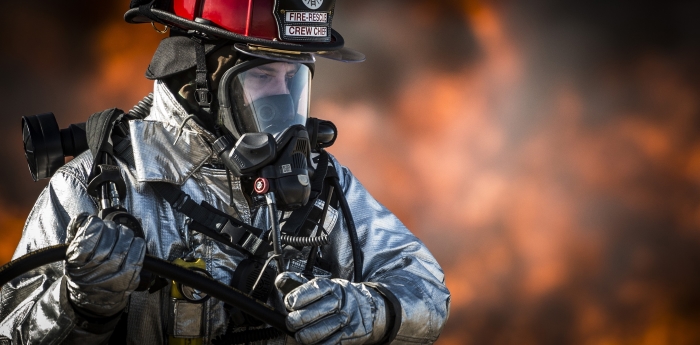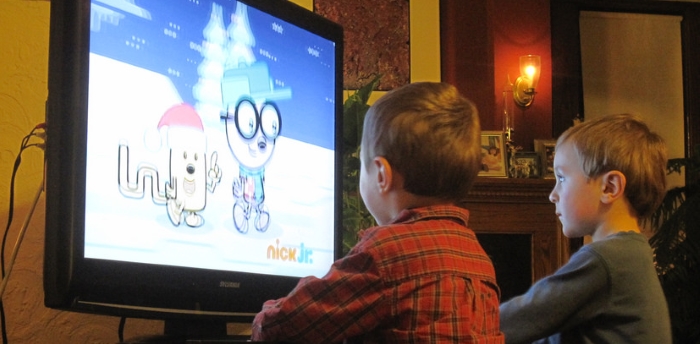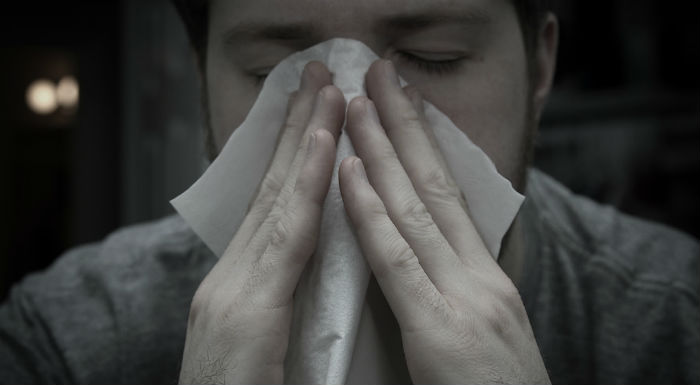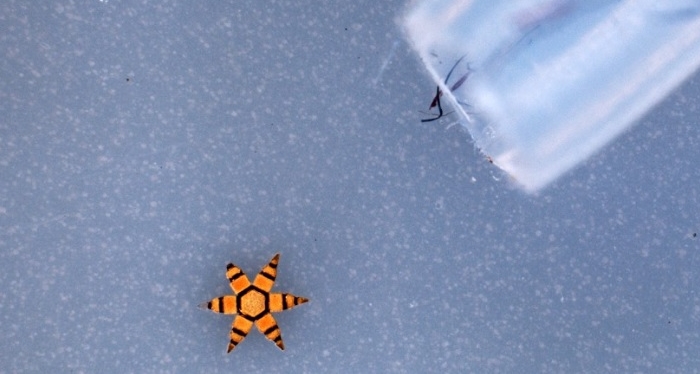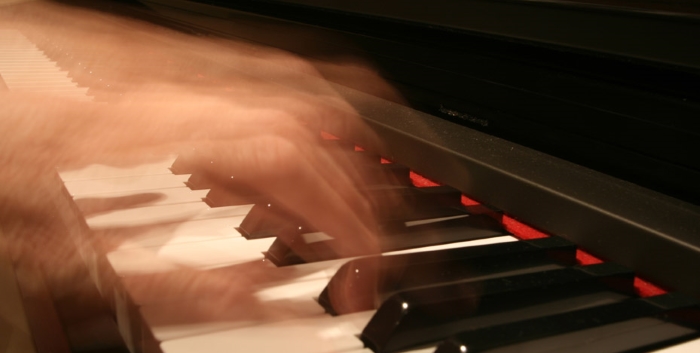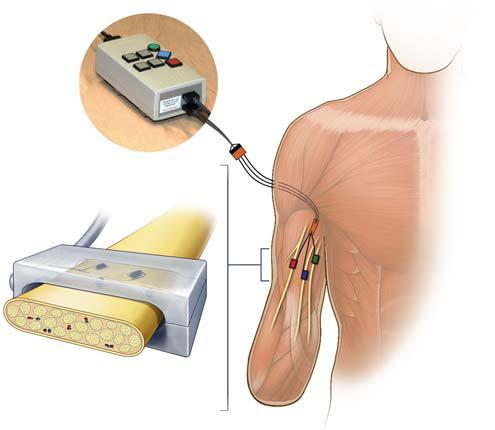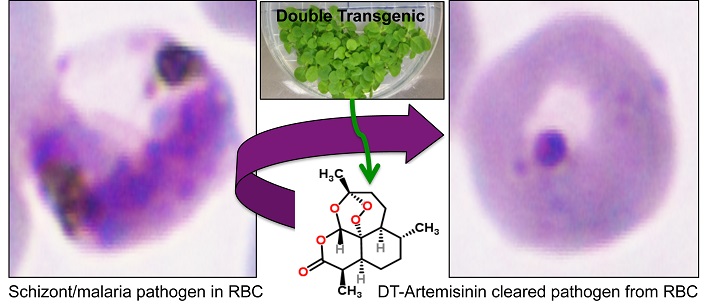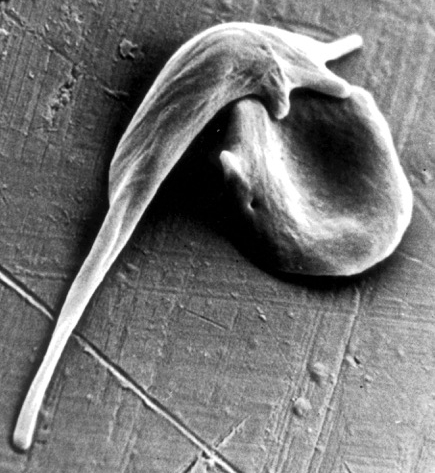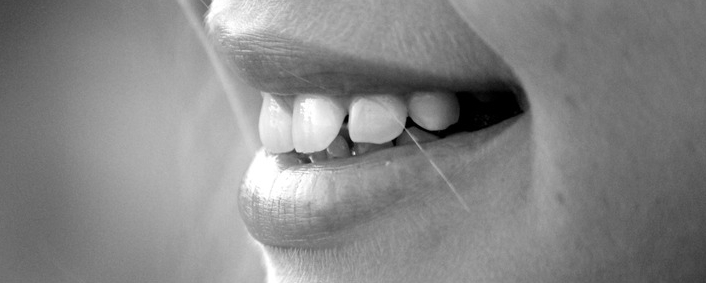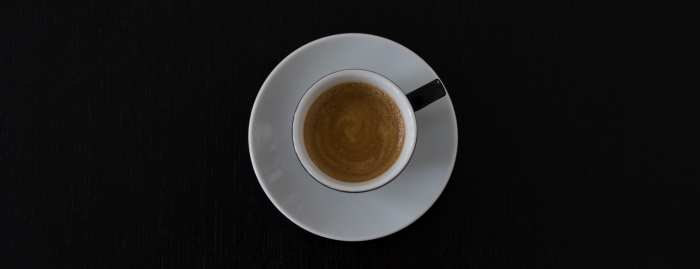Carbon Monoxide Antidote
Researchers develop the first fast-acting antidote for carbon monoxide poisoning.
Sitting Close to the TV
A Science Update listener asks if sitting too close to the television can hurt your eyes.
24-Hour Colds
Why you sometimes feel a cold coming on, only to have the symptoms disappear the very next day.
Microgrippers
Tiny, untethered microgrippers could track down and retrieve hard-to-reach tissue samples.
Deafness & Brain Structure
The brain architecture for processing sound is the same in deaf people as in hearing people.
Musician’s Dystonia
Neuroscientists are looking for the roots of musician’s dystonia, a condition similar to writer’s cramp.
Older Minds
The poorly focused mind may hold advantages in some kinds of problem-solving.
Robotic Motivation
A human-powered robotic exoskeleton could help stroke patients stay motivated during rehab.
Hurricanes & Heart Attacks
Did Hurricane Katrina increase heart attacks in New Orleans?
Genome Analysis
Scientists strive to mine meaningful information out of an avalanche of genetic data.
Transdermal Drug Delivery
Cold plasma may open up the skin to no-needle drug delivery.
Smoking Gene Mutations
Researchers discover that the DNA mutations by which smoking causes cancer are more complicated than previously thought.
Restoring Touch
Scientists are learning the complex nerve signals that allow us to experience the sensation of touch.
GM Tobacco vs. Malaria
Genetically engineered tobacco plants produce potent artemisinin - a highly effective malaria drug - at a fraction of the usual cost.
Sickle Cell Gene Editing
Scientists use a powerful new gene editing tool to treat sickle cell disease.
Informal Health Care Training
Can a modest amount of training help improve health care delivery to the world’s poor?
Tooth Enamel
A 3D map of the structure of tooth enamel may help scientists protect it, and even imitate it.
Zika Vaccines
Candidate vaccines for Zika virus are nearing the human clinical trial phase.
Caffeine Genetics
A gene variant makes some people feel a buzz from very little caffeine.
Stopping Fibrosis
Understanding the mechanism behind fibrosis could lead to new ways to prevent organ failure.
Visualizing Addiction
Sensors that light up in presence of neurotransmitters are helping unlock the secrets of drug addiction.
Mouse Models of Addiction
New strains of lab mice are helping scientists understand complex disorders.



